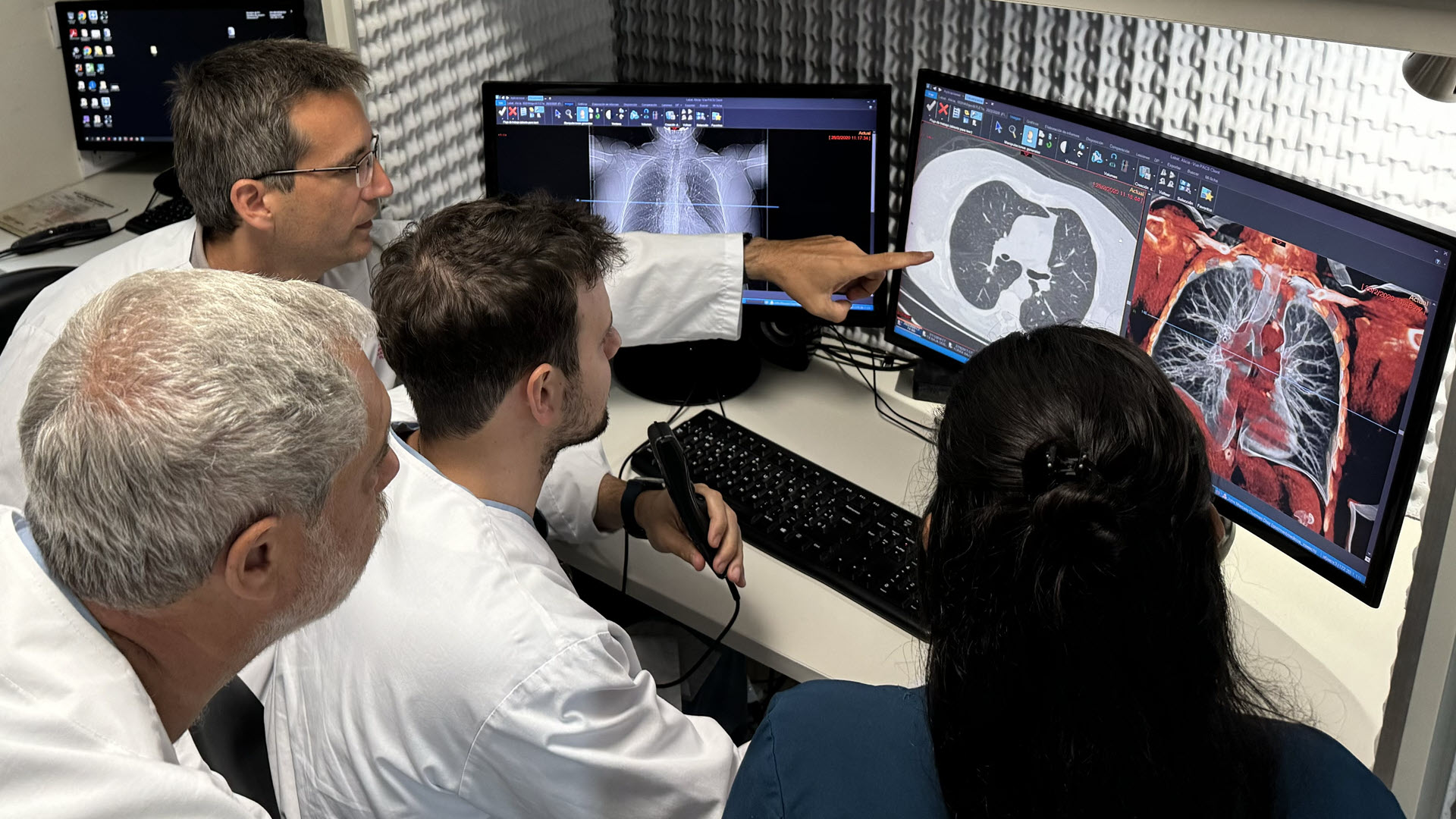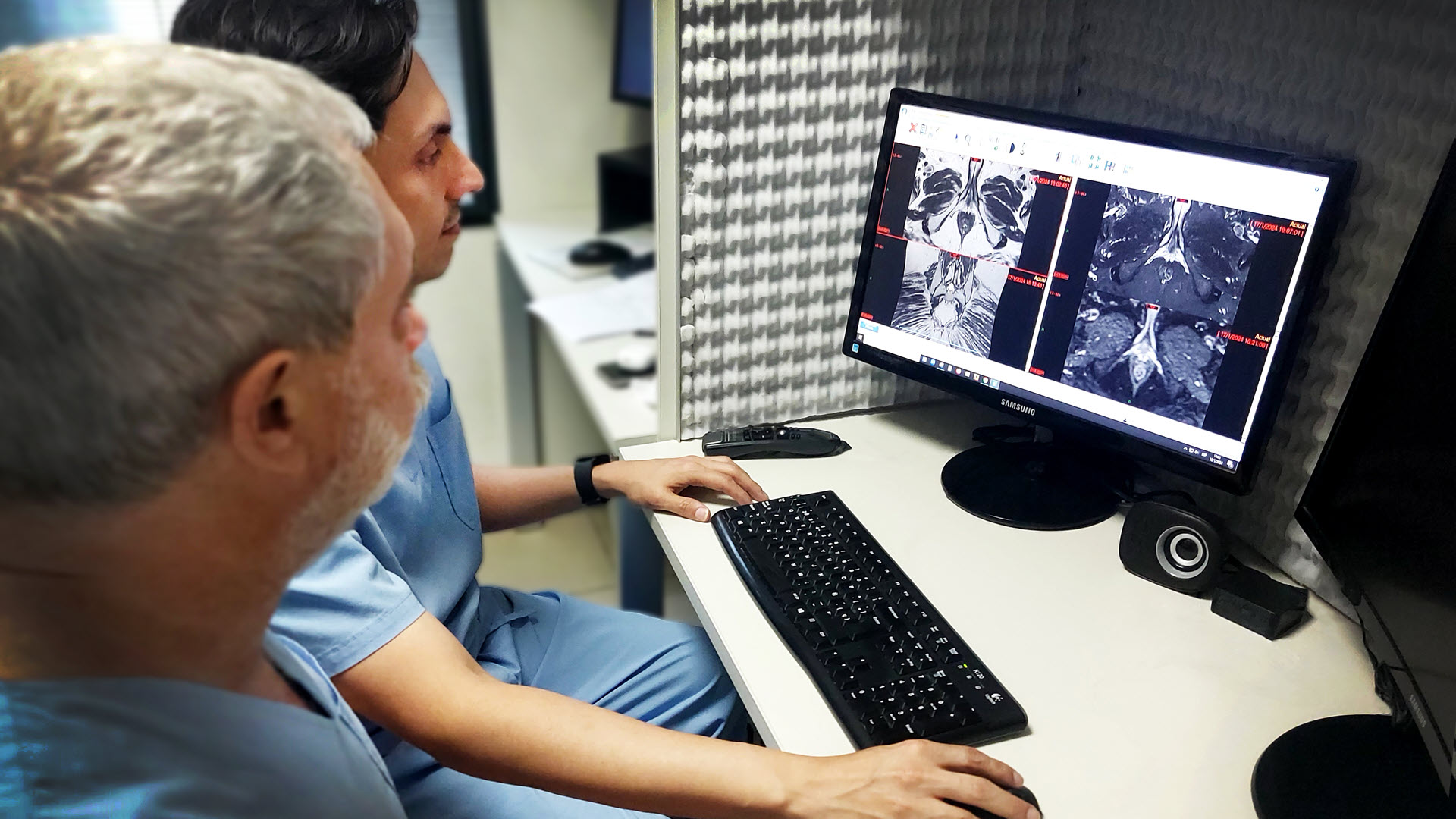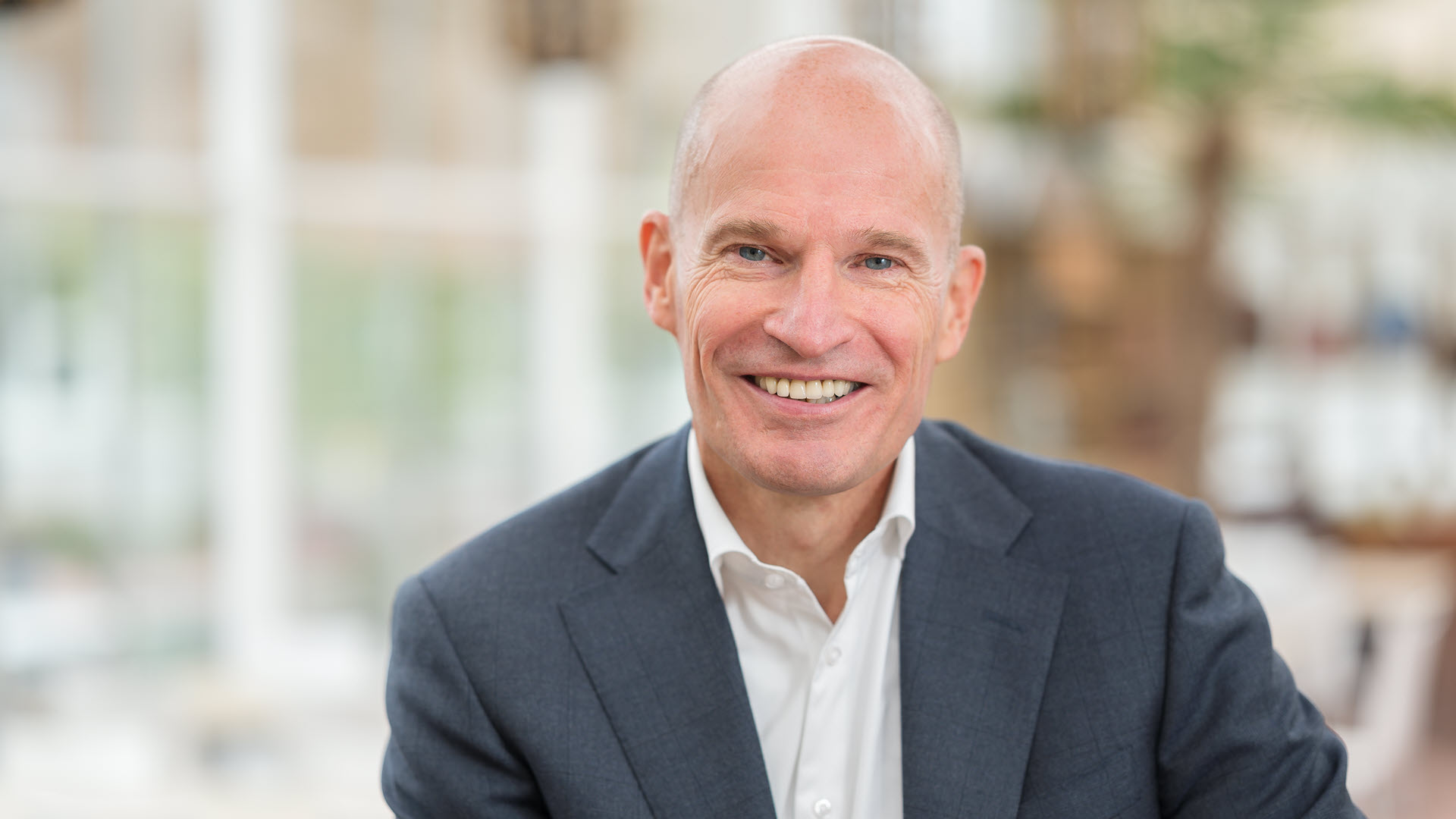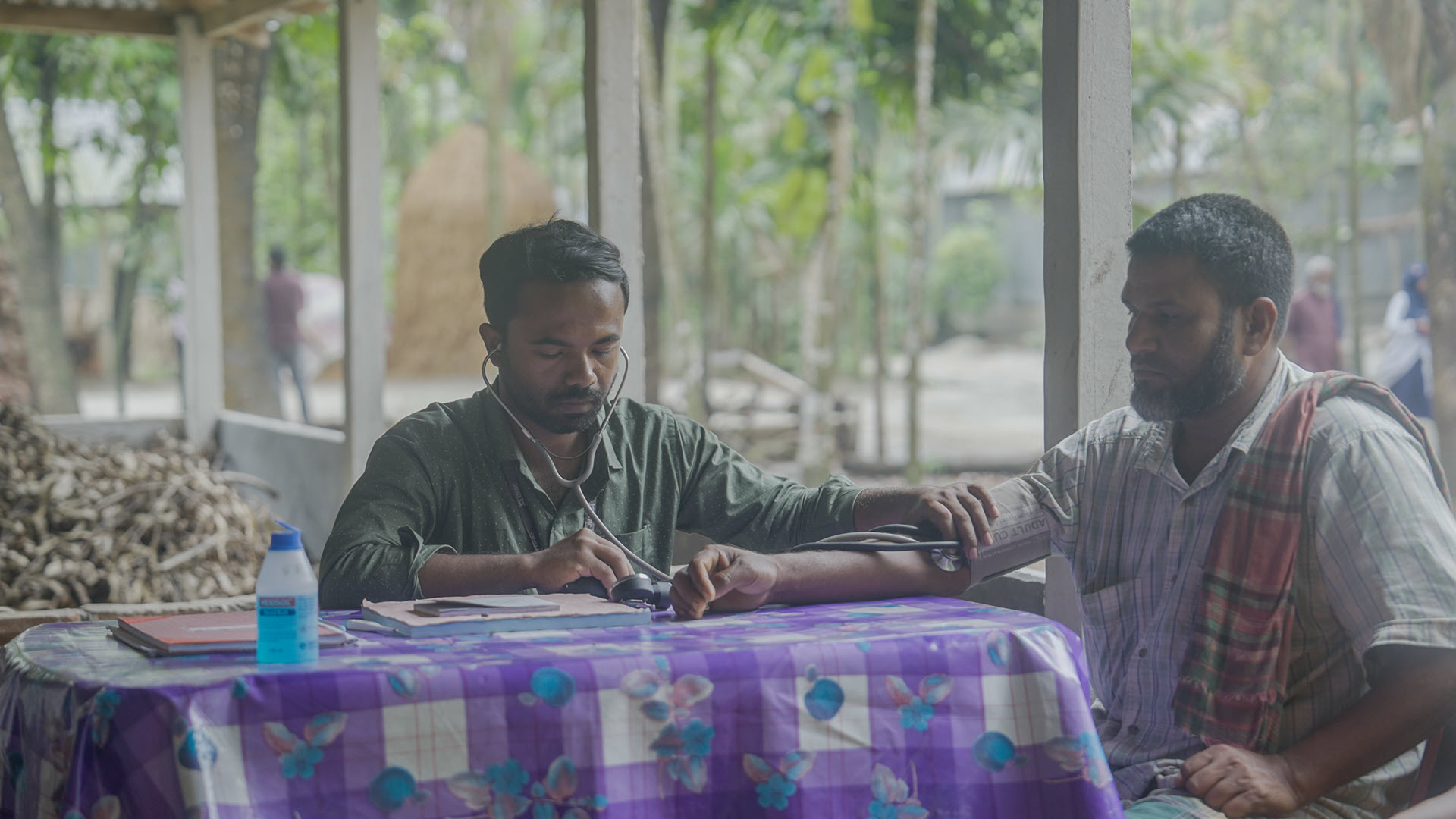Buenos Aires, Argentina – Philips Foundation, with a mission to provide access to quality healthcare for 100 million people a year in underserved communities by 2030, together with Philips Argentina and FUCA (Fundación para la Investigación, Docencia y Prevención del Cáncer) announced today the launch of an innovative teleradiology initiative to accelerate early lung cancer diagnosis in underserved and remote areas of Argentina.
In this hub-and-spoke model, FUCA collaborates with Instituto Alexander Fleming (IAF) as the central hub, providing specialized radiological expertise and training. The 13 regional hospitals participating in the initiative function as spokes, extending access to advanced radiology services in remote areas. This model ensures efficient resource utilization and streamlines communication across the network, significantly enhancing diagnostic capabilities and bringing critical healthcare services closer to patients.
Critical need for early detection
With the World Health Organization projecting a 47.8% increase in cancer cases in Argentina by 2040, and in South America an increase of 76.2% [1], this initiative comes at a crucial time. Lung cancer, being the leading cause of death in Latin America and the Caribbean [2], also highlights the pressing need for early detection.
“In the fight against lung cancer, prevention is just as crucial as the cure. While campaigning to stop smoking is vital, early detection and timely referral and treatment can save countless lives. This is about giving people in the most remote areas a chance for an early intervention, which can mean the difference between life and death. We are proud to be a part of this life-saving mission,” says Margot Cooijmans, Director of the Philips Foundation.
The initiative leverages Philips' expertise in teleradiology services delivering the right clinical images to clinicians, patients, and administrators to improve healthcare delivery, lower costs, and improve the patient experience to enhance lung cancer diagnosis capabilities in participating hospitals.
Key to the project is the training of more than 50 healthcare workers to use the teleradiology system, allowing faster diagnosis and treatment plans at a distance. It is expected to impact between 20,000 and 25,000 people annually, marking a major step in improving early diagnosis and management of lung cancer for those who initially had little or no access to these services at all.
Also integral to the project is the formation of a transdisciplinary committee, which will focus on lung cancer prevention, including crucial efforts in smoking cessation, underscoring the importance of prevention in reducing lung cancer incidence.









